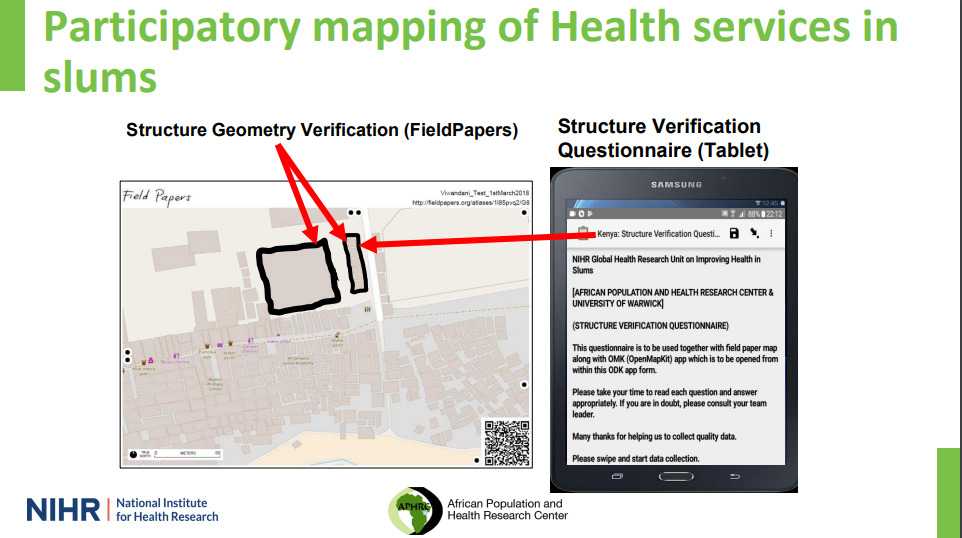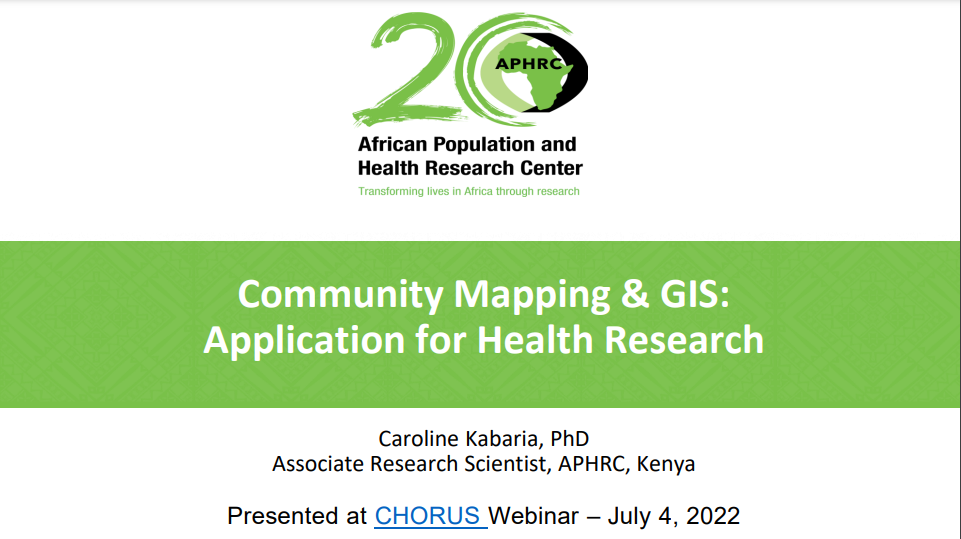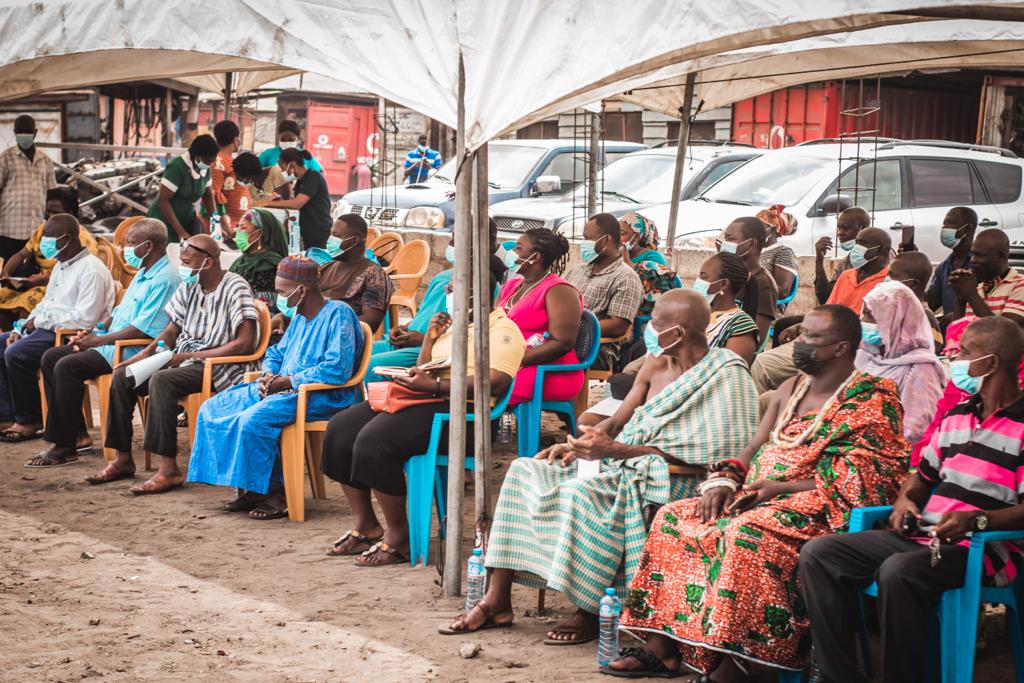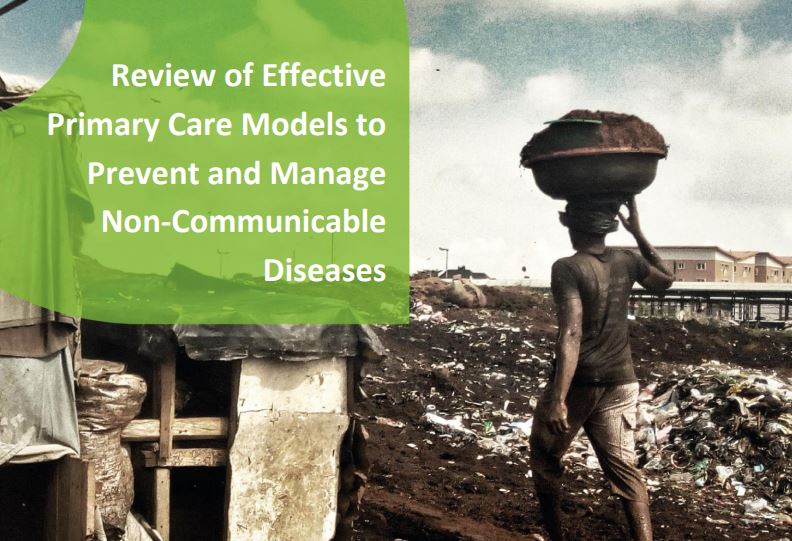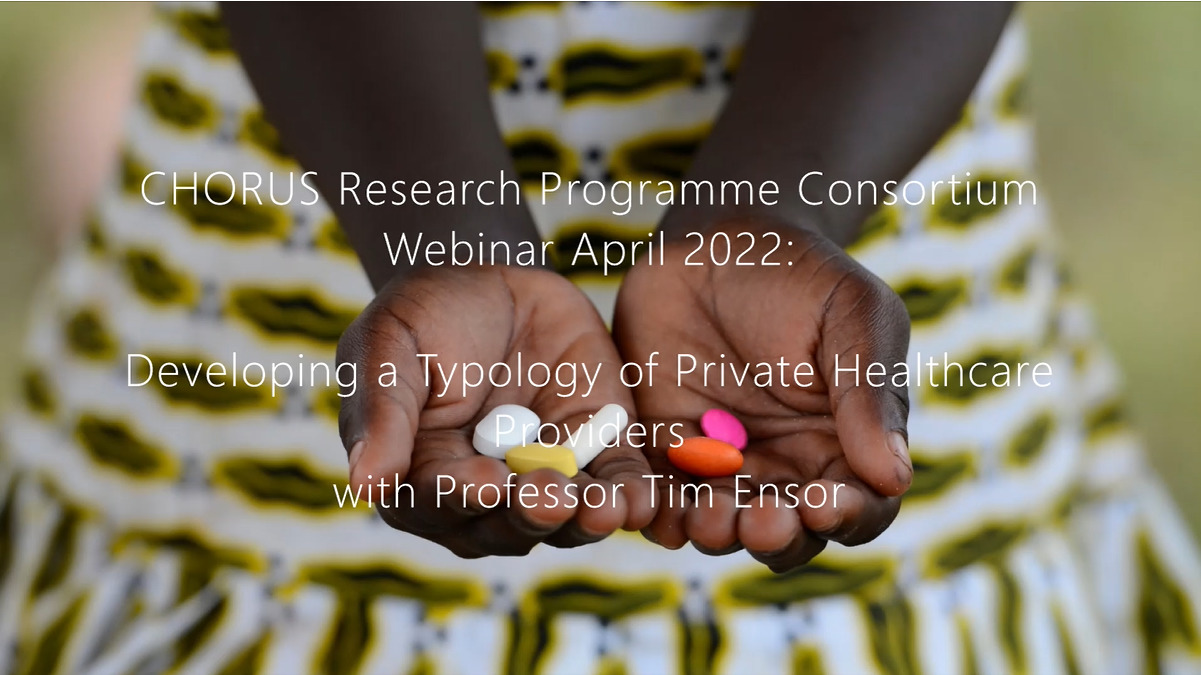Drawing on the evidence from stages 1 and 2, CHORUS teams bring the variety of stakeholders together – including health professionals, city officials, formal and informal health providers and community members – to co-develop and shape interventions to strengthen the urban health system.
We use intervention development frameworks such at the 6SQUID framework, to guide our work with stakeholders to help define the problem and its causes, clarify influencing factors and develop theories of change. Each team facilitates this process through a series of workshops, formal and informal meetings, often using participatory ranking methods to prioritise aspects of the interventions. The engagement of stakeholders in the development and implementation of initiatives helps ensure interventions meet the needs of local populations whilst also fitting within current systems and policy frameworks. However, ensuring engagement is meaningful and inclusive of all perspectives requires deep knowledge of the context and must be done through careful consensus building. Across CHORUS we use action learning groups and reflective workshop to share our experiences of codesign, particularly addressing equity and gender within our research and intervention development.



